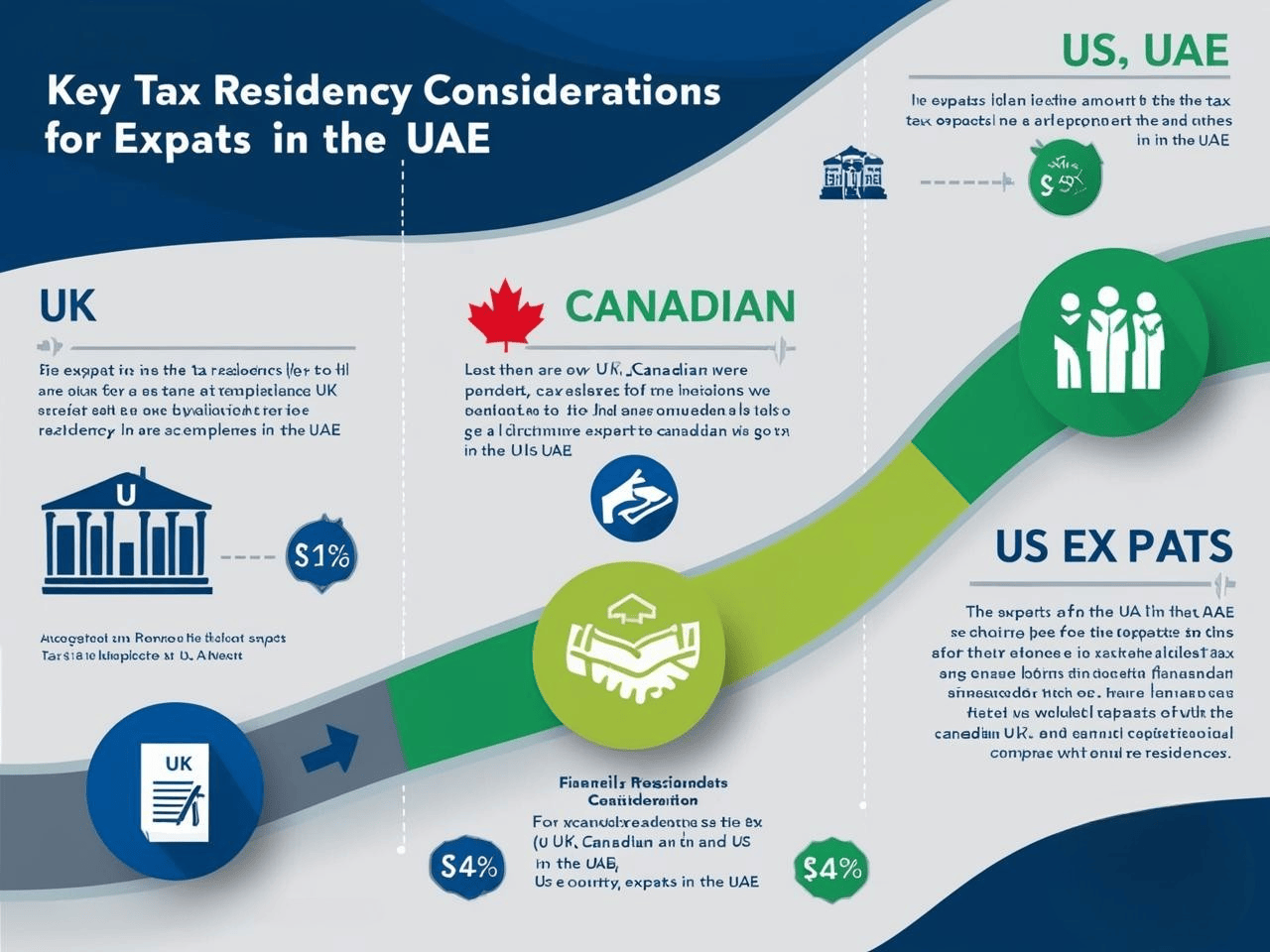Withholding Tax in the UAE: What Foreign Businesses Should Know

Withholding tax is a critical consideration for foreign businesses and investors operating in international markets. Many jurisdictions impose withholding tax on income earned by non-residents, such as dividends, interest, and royalties. However, the UAE follows a tax-friendly policy that differentiates it from other countries.
This blog explores whether withholding tax applies in the UAE, its impact on foreign businesses, and how international tax treaties can be leveraged to optimize tax structures.
What is Withholding Tax?
Withholding tax is a tax deducted at the source of income, meaning that before the recipient receives their full payment, the tax is withheld and paid directly to the tax authorities. It commonly applies to:
* Dividends – Payments from UAE companies to foreign shareholders.
* Interest – Income earned by foreign entities on UAE-based investments.
* Royalties – Payments made to foreign businesses for the use of intellectual property, trademarks, or patents.
In most countries, withholding tax ranges from 5% to 30%, depending on local tax laws and tax treaties between countries.
Does the UAE Have Withholding Tax?
The UAE does not impose withholding tax on dividends, interest, or royalties paid to foreign investors. This makes the UAE an attractive jurisdiction for international businesses and investors, as they can repatriate profits without tax deductions.
Key Advantages of No Withholding Tax in the UAE
* 100% repatriation of profits for foreign businesses and investors.
* No tax deductions on cross-border payments.
* Enhanced financial efficiency for multinational corporations and holding companies.
This policy aligns with the UAE’s goal of being a global business hub, offering a tax-efficient environment for foreign investment.
Impact of the UAE’s No Withholding Tax Policy on Foreign Businesses
For UK, Canadian, and US businesses operating in the UAE, the absence of withholding tax provides several advantages:
1. Increased Profitability for Foreign Companies
* Businesses retain 100% of their earnings without deductions.
* Higher returns on investments, as income earned in the UAE is not subject to additional local taxes.
2. Tax Planning Opportunities
* Foreign companies can optimize tax structures by setting up regional headquarters or holding companies in the UAE.
* No withholding tax allows seamless transfer of funds between UAE-based entities and parent companies abroad.
3. Competitive Advantage for UAE-Based Businesses
* UAE companies can attract foreign investors and shareholders due to the tax-free repatriation of profits.
* Encourages international partnerships and collaborations without tax burdens.
The UAE’s tax policies make it an ideal jurisdiction for businesses seeking global expansion.
How Double Taxation Agreements (DTAs) Benefit Foreign Businesses
The UAE has signed over 130 Double Taxation Agreements (DTAs) with countries such as the UK, Canada, and the US. These treaties provide additional tax relief by:
* Eliminating or reducing foreign withholding taxes on UAE income.
* Preventing double taxation on business profits.
* Providing tax credits for UAE-based income in home countries.
1. UAE-UK Double Taxation Agreement
* UK businesses benefit from tax relief on UAE-sourced income.
* No UAE withholding tax on dividends, royalties, or interest payments.
2. UAE-Canada Double Taxation Agreement
* Canadian companies avoid double taxation when operating in the UAE.
* No additional tax on UAE earnings repatriated to Canada.
3. UAE-US Tax Relationship
* The US does not have a DTA with the UAE.
* US companies must still report foreign earnings but can use Foreign Tax Credits (FTC) to minimize tax liability.
Leveraging DTAs can further enhance tax efficiency and reduce foreign tax exposure for UAE-based businesses.
Are There Any Exceptions to No Withholding Tax?
While the UAE does not impose withholding tax, businesses should consider:
1. Corporate Tax for Large UAE Businesses
* Starting June 2023, a 9% corporate tax applies to businesses earning over AED 375,000 annually.
* Free Zone companies may still enjoy tax exemptions under certain conditions.
2. VAT on Business Transactions
* The UAE imposes 5% VAT on goods and services, which applies to business transactions.
* VAT is not the same as withholding tax, as it is a consumption tax paid by customers.
Businesses must ensure full compliance with the UAE’s corporate tax and VAT regulations while benefiting from the absence of withholding tax.
How Young and Right Can Help
At Young and Right, we provide expert tax advisory services for foreign businesses operating in the UAE. Our team ensures that UK, Canadian, and US businesses fully understand UAE tax policies and benefit from international tax treaties.
1. Withholding Tax and Cross-Border Tax Advisory
* Analyzing tax treaties to optimize tax structures.
* Guidance on profit repatriation strategies.
* Ensuring tax compliance in the UAE and home countries.
2. Double Taxation Agreement (DTA) Optimization
* Applying DTA benefits to reduce international tax burdens.
* Structuring UAE businesses to maximize tax advantages.
* Minimizing tax exposure for foreign shareholders and investors.
3. Corporate Tax Compliance and Planning
* Assessing corporate tax obligations for UAE businesses.
* Implementing tax-efficient structures for Free Zone and Mainland companies.
* Ensuring full compliance with UAE’s evolving tax regulations.
4. VAT and Business Tax Support
* VAT registration, filing, and compliance services.
* Assisting foreign businesses with VAT refund claims.
* Navigating UAE’s VAT and corporate tax landscape.
By partnering with Young and Right, foreign businesses can leverage the UAE’s tax-friendly policies while ensuring full compliance with international tax regulations.
Conclusion
For UK, Canadian, and US businesses, the absence of withholding tax in the UAE presents major tax-saving opportunities. Profits, dividends, interest, and royalties can be repatriated tax-free, making the UAE an attractive destination for global business expansion.
However, while the UAE does not impose withholding tax, businesses must still comply with corporate tax, VAT regulations, and home country tax laws. Leveraging Double Taxation Agreements (DTAs) can further optimize tax efficiency and reduce foreign tax liabilities.
For expert guidance on UAE tax compliance, profit repatriation, and international tax planning, partner with Young and Right today. Let us help you maximize tax savings and ensure smooth business operations in the UAE.
